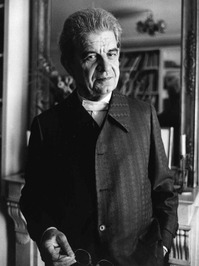Photo by Samuel Zeller on Unsplash
The matter is quite simple. The bible is very easy to understand. But we Christians are a bunch of scheming swindlers. We pretend to be unable to understand it because we know very well that the minute we understand, we are obliged to act accordingly. Take any words in the New Testament and forget everything except pledging yourself to act accordingly. My God, you will say, if I do that my whole life will be ruined. How would I ever get on in the world? Herein lies the real place of Christian scholarship. Christian scholarship is the Church’s prodigious invention to defend itself against the Bible, to ensure that we can continue to be good Christians without the Bible coming too close. Oh, priceless scholarship, what would we do without you? Dreadful it is to fall into the hands of the living God. Yes it is even dreadful to be alone with the New Testament.
--Søren Kierkegaard (Taken from Dr. Richard Beck)
To read Kierkegaard’s words might lead one to conclude that we ought to read the Bible literally. Even Kierkegaard would disagree. Rather, the call of Kierkegaard is the critique to read the Bible then use various rationalizations to avoid the ways we are convinced by the Truth and Love of the Good News. Time and time again we read about how God recklessly forgives. We find justifications to measure forgiveness. We hear Jesus place a priority on accepting the “others” the authorities rejected, we prioritize our own acceptance.
We are all able to cite the Bible to justify our current positions and feelings. We are less able to cite the Bible to challenge or critique our current positions. And when we do find scripture that challenges us, we are clever enough to cast it aside.
Sell all your possessions? Pick up the cross? Welcome the widow, orphan and sojourner? Keep the Sabbath? Prioritize love at the expense of truth?
Instead, I find myself saying, “The Bible is so cryptic and difficult to understand.”



